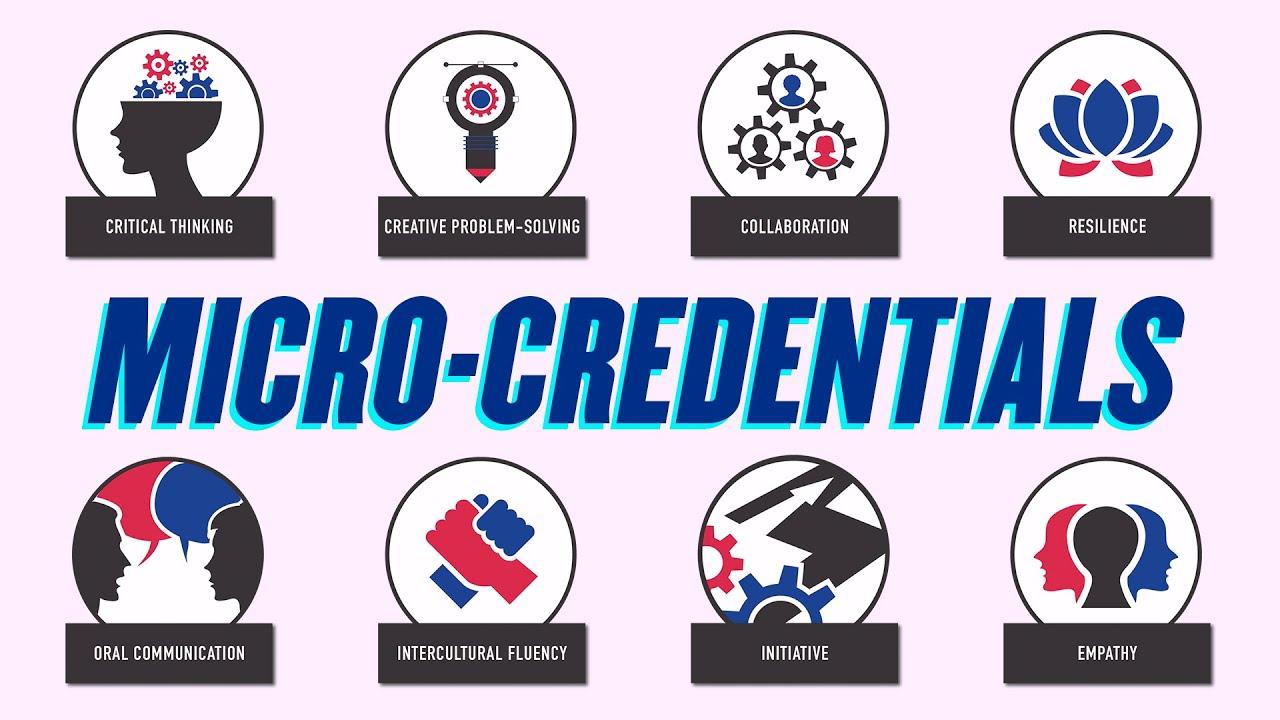The Future of Professional Development: How Micro-Credentials Are Revolutionizing Careers
In today’s fast-evolving job market, conventional degrees and long-term certifications are no longer the only paths to career growth. Micro-credentials have emerged as a game-changer in professional development, empowering individuals to upskill rapidly, demonstrate targeted expertise, and adapt to new roles and industries. This article dives deep into how micro-credentials are reshaping career trajectories, highlighting their benefits, practical applications, and the future of skills acquisition.
What Are Micro-Credentials?
Micro-credentials are short, focused learning programs that validate specific skills, competencies, or knowledge areas. Unlike conventional degrees that may take years to complete, micro-credentials usually require only a few weeks or months, and are designed for immediate submission in the workplace. These digital badges or certificates are often delivered online through universities, professional associations, or learning platforms, making them highly accessible to global learners.
- Industry-recognized: Employers accept micro-credentials as proof of concrete skills
- Flexible: Learners can pursue them at their own pace
- Affordable: Typically cost less than full degree programs
- Relevant: Skills match current industry demands
Why Micro-Credentials Are Revolutionizing Careers
As the landscape of work shifts with digital conversion, automation, and remote work trends, professionals need to reskill and upskill quickly. Micro-credentials are becoming a vital tool for career advancement, offering:
Agility in Skill Acquisition
micro-credentials provide the agility that today’s workforce needs, allowing individuals to learn and demonstrate skills in emerging technologies, project management, data analysis, and more—often in real-time.
career Mobility and Advancement
Professionals can stack micro-credentials to build personalized career pathways, accessing new industries or job roles without starting from scratch. these learning experiences demonstrate commitment to professional development and continuous learning.
Workforce Relevance
Employers increasingly seek candidates with up-to-date, relevant skills. By earning micro-credentials, professionals signal their readiness for the next challenge, whether it’s mastering Python programming, agile methodologies, or digital marketing strategies.
Benefits of Micro-Credentials for Professionals
- Customization: Tailor learning to career goals with modular courses
- Recognition: Showcase certified skills on LinkedIn and resumes
- Networking: Connect with industry experts and peers in dynamic learning environments
- Efficiency: achieve credentials faster and save on tuition costs
- Stackability: Build toward larger certificates or degree programs if desired
How to Leverage Micro-Credentials for Career Growth
Choose Credentials Aligned with Your Goals
Before enrolling, consider your career aspirations. Use career mapping tools and online platforms to explore courses or digital badges that align with your desired job roles or industry sectors.
Make Use of Trusted Platforms
- Coursera: University-backed micro-credentials
- edX: Industry partnerships for professional certificates
- LinkedIn Learning: Skills validated by leading experts
- google Career Certificates: In-demand skills for tech careers
Share and promote Your Credentials
Digital badge technology enables you to display certifications on LinkedIn, personal websites, and online portfolios. Many platforms also offer integration with job portals to streamline job applications.
Case Studies: Micro-Credentials in Action
From Retail to Data Analytics: Jane’s Success Story
Jane, formerly a retail manager, pivoted her career by earning micro-credentials in Excel, data analytics, and project management. Within six months, she secured a data analyst position at a fintech startup. By stacking short courses, Jane demonstrated adaptability and tech literacy—qualities sought in today’s competitive job market.
Organizational impact: Upskilling at Scale
A leading healthcare organization adopted micro-credentials to upskill its workforce in AI-powered diagnostic tools. Employees attended online bootcamps and earned badges, resulting in improved patient outcomes and a measurable increase in digital transformation adoption.
First-Hand Experience: A Learner’s Perspective
“Micro-credentials completely changed my approach to learning,” shares Mark, an IT professional. “Rather of waiting years for a promotion, I could take a relevant course, earn a badge, and immediately prove my new skills. It made discussions with my manager about career development much easier and more effective.”
Practical Tips to Maximize the Value of Micro-Credentials
- Set clear objectives: Identify gaps in your skills and choose courses that fill them
- Document your progress: Maintain a digital portfolio of your achievements
- Leverage employer partnerships: Many companies offer subsidies or incentives for earning micro-credentials
- Stay current: Regularly update your credentials as new technologies emerge
- Join relevant communities: many micro-credential platforms include forums and networking opportunities
The Role of Employers and Institutions in micro-Credential Adoption
Forward-thinking companies and educational institutions are embracing micro-credentials to foster workforce development. By offering supportive frameworks, such as tuition reimbursement and clear career pathways, employers incentivize lifelong learning and skills advancement.
- Corporate training programs: Integrate micro-credentials into onboarding and ongoing professional development
- Higher education partnerships: Universities collaborate with businesses to tailor micro-credential offerings to real-world demands
- HR integration: Talent acquisition processes increasingly factor micro-credentials into hiring decisions
The Future Outlook: Trends and Opportunities
Micro-credentials are positioned to play an even larger role in the future of work.As artificial intelligence, automation, and remote work continue to reshape industries, targeted learning programs will help professionals adapt quickly and anticipate market needs.Organizations that leverage micro-credentials in their workforce strategy will likely remain more competitive and resilient to change.
- Personalized learning: Adaptive platforms will offer more tailored micro-credential experiences
- Global portability: Digital badges offer recognition across borders and industries
- Stackable credentials: Modular approaches allow professionals to build layered skill profiles
- Integration with degree programs: some universities are accepting micro-credentials for credits toward conventional degrees
Conclusion: Embracing Micro-Credentials for Lifelong Professional Growth
The rise of micro-credentials is transforming professional development, providing flexible pathways to career advancement and lifelong learning.Whether you’re exploring a new role, responding to industry trends, or pursuing cross-sector opportunities, micro-credentials offer recognition, relevance, and agility. by actively engaging with these programs, professionals and organizations alike can stay ahead in an era of rapid change, future-proofing careers and workforce strategies.
Ready to start your micro-credential journey? explore the leading platforms, set clear career goals, and join the future of work—one badge at a time.

